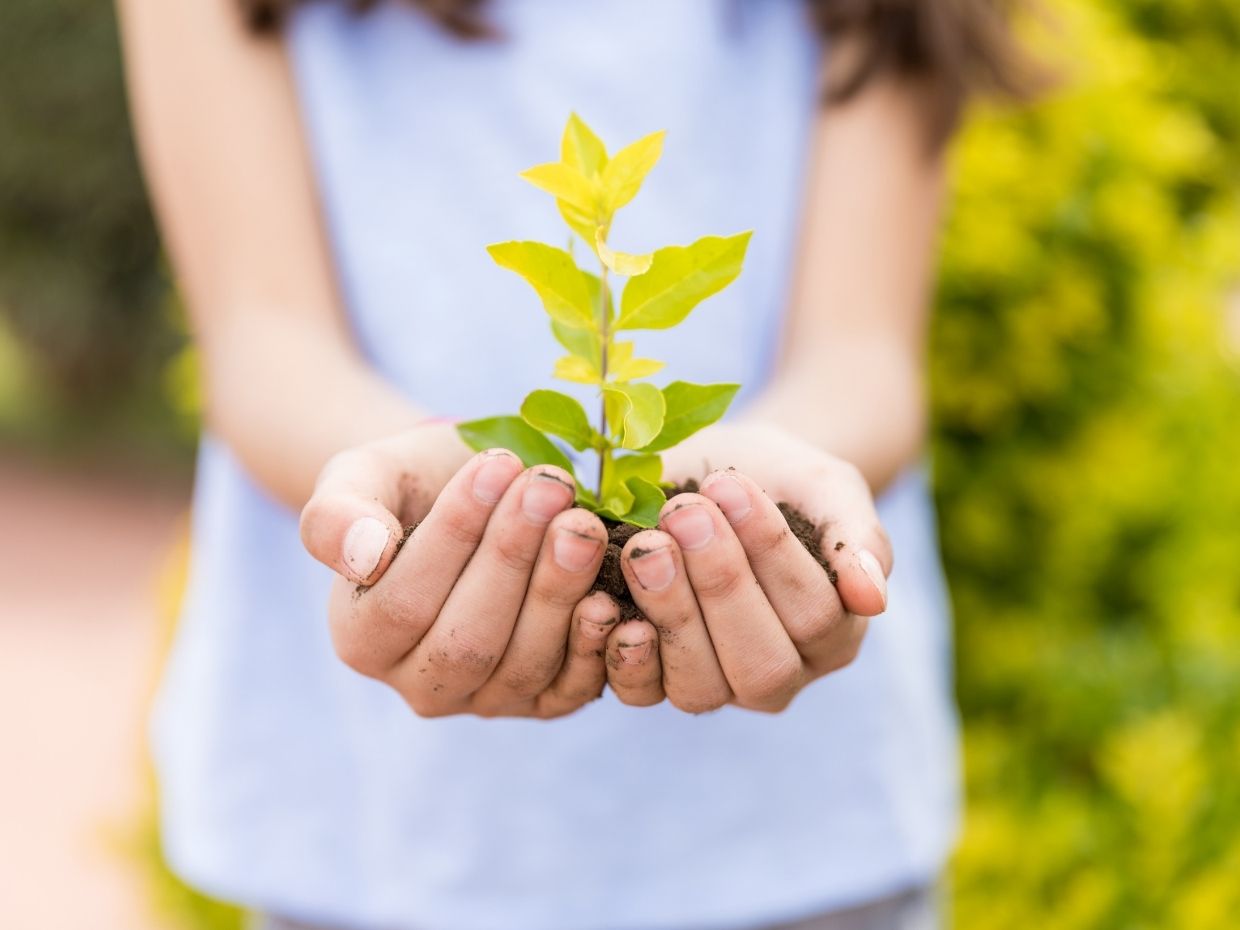The various lockdowns around the world in 2020 have demonstrated the huge impact humans have on our environment, with cleaner air, skies and waters and even some animals venturing out into concrete jungle cities under lockdown.
As we enter our “next normal” with the gradual rollout of COVID-19 vaccines, it’s imperative that we continue the good work on sustainability we’ve started and made good progress on, accelerating and emphasising it as a core strategic focus in 2021 and beyond. Here are some ways that businesses and individuals can bring the focus back to positively impacting the environment around us.
Reducing food waste
Even before COVID-19, an estimated one-third of all the food produced in the world was going to waste. Food waste however, is more than an issue about food security – it also has a large impact on climate change. The UN Food and Agricultural Organisation (Food Wastage Footprint & Climate Change) estimates that the carbon emissions produced by food waste is almost equivalent to global road transport emissions. If food waste were a country, it would be the third largest carbon emitter in the world.
As such, reducing food waste will go a long way towards improving sustainability. A key method that we’re using to tackle food waste at Sodexo is the deployment of our data-enabled WasteWatch x LeanPath program at the sites we operate, where food waste is captured and measured then subsequently used to inform operational changes to reduce waste. Through WasteWatch, we aim to reduce 50% of our food waste by 2025, as part of our Better Tomorrow 2025 commitments.
To learn more about WasteWatch, visit our website.
Transitioning to more plant-based food
Eating more plant-based food is not only good for our health, it has a positive impact on the environment as well. Globally, raising livestock for human consumption produces about 14.5% of all anthropogenic greenhouse gas emissions (FAO), with cattle representing 65% of all of the livestock sector’s emissions.
In 2021 and beyond, Sodexo will increase the range of plant-based options in the menus we serve in Asia Pacific, However, this requires not just a menu change, but also a mindset change, where consumers need to be educated on the benefits, to both their own health and the health of our planet, when it comes to eating plant based foods.
As part of this, Sodexo had previously launched, in conjunction with Knorr and the WWF-UK, the Future 50 Foods. The report identifies 50 plant-based foods that optimise nutrient density, reduce environmental impact and unlock variety for the global population, with Sodexo chefs creating delicious recipes that utilised and showcased these ingredients.
Responsible sourcing
By building a low carbon, inclusive supply chain, we not only positively impact the environment, but also the communities we live in. An inclusive supply chain also mitigates risk, preventing the food shortages we saw in the early days of various country lockdowns that prevented the free flow of goods across borders. Furthermore, by doing business with local and small enterprises, we ensure that money circulates within the local economy and promotes the livelihood of members of our respective communities.
At Sodexo, an inclusive supply chain is also a key part of our Better Tomorrow 2025 commitments. To that end, we have supported local communities such as Australian Indigenous Coffee in Australia among others, to help members of the community grow their business sustainably.
By bringing a focus to sustainability in 2021 and beyond, we are better able to promote the well-being of our businesses, communities and the planet, leaving a lasting legacy behind for future generations.
Looking for a service provider that can help you with sustainable solutions in your various business needs? Why not reach out to us today?
